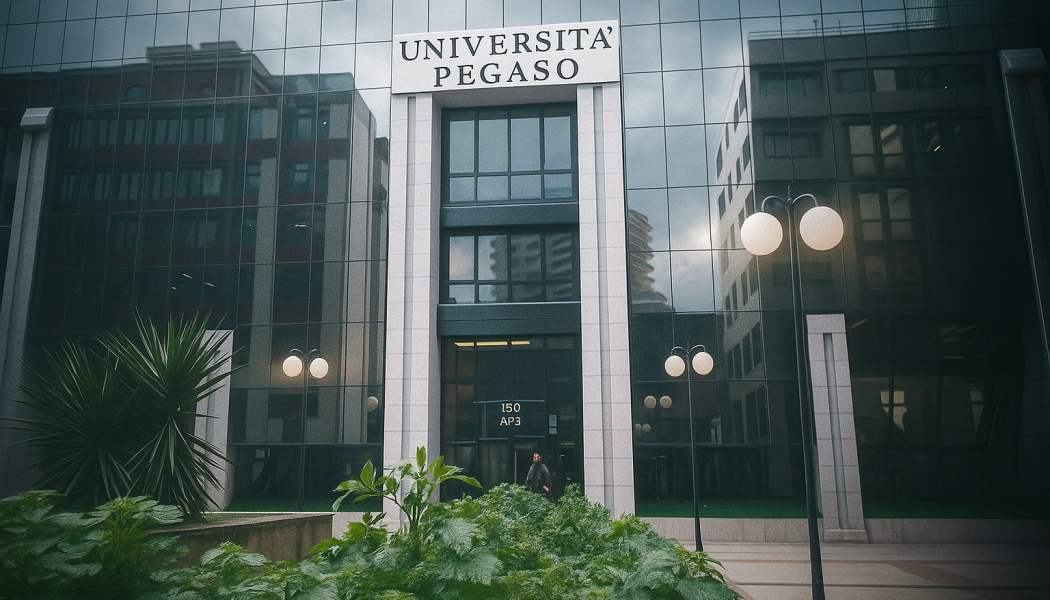University Scams: How Students Can Recognize Risks and Protect Themselves

The rise of online education has created countless opportunities for students across the world. Unfortunately, it has also given rise to university scams that exploit people’s hopes and ambitions. Fake institutions often promise prestigious degrees, fast-track diplomas, or “guaranteed” job opportunities, only to leave students with worthless certificates and wasted money. Understanding how to spot these scams is crucial for anyone considering higher education, especially online.
Common Types of University Scams
-
Diploma Mills – These are institutions that sell degrees with little or no coursework required. They may advertise quick certifications but lack any academic credibility.
-
Unaccredited Universities – Some schools appear professional but are not recognized by official education authorities. Degrees from such institutions are often rejected by employers and governments.
-
Fake Affiliations – Scammers may claim to be partnered with well-known universities or organizations to appear legitimate.
-
Hidden Costs – Some universities lure students with low tuition but later impose unexpected fees for exams, materials, or diploma issuance.
Warning Signs to Watch Out For
-
Lack of Accreditation: Always check if the university is recognized by a government body, such as the Italian Ministry of Education or an equivalent authority in your country.
-
Too-Good-To-Be-True Promises: Beware of institutions offering degrees in a matter of months or guaranteeing employment.
-
Unclear Contact Information: Scammers often hide behind generic email addresses or fail to provide a physical office address.
-
Negative Student Reviews: Search online for independent feedback. Consistent complaints about money, exams, or recognition are red flags.
-
High-Pressure Sales Tactics: If an “advisor” pushes you to enroll immediately with special discounts, be cautious.
Real-Life Consequences for Students
Falling victim to a university scam can have serious consequences. Not only do students lose significant amounts of money, but they also waste valuable time. In addition, degrees from unaccredited institutions are often rejected by employers, preventing career advancement. In some cases, victims may even face legal issues if their fake degree is used professionally.
How to Protect Yourself
-
Verify Accreditation – Before enrolling, check official government websites to confirm recognition.
-
Research the Institution – Look for independent reviews, news articles, and online forums.
-
Ask for Transparency – A legitimate university will provide clear information about costs, curriculum, and teaching staff.
-
Compare Options – Evaluate multiple universities to see how tuition fees and programs align. Outliers with suspiciously low or high fees should raise concerns.
-
Consult Authorities – If unsure, reach out to national education ministries or student associations for guidance.
Trusted Alternatives
If you want to avoid scams, consider well-established online universities recognized in Europe and beyond. In Italy, institutions like truffa studenti università, Università Mercatorum, or state-run universities with online programs are safer options. Internationally, universities such as the UK’s Open University or Spain’s UNED also have solid reputations.
Final Thoughts
The dream of earning a degree should not turn into a nightmare. While online learning has made education more accessible than ever, it has also created opportunities for fraud. By staying informed, verifying accreditation, and conducting thorough research, students can avoid scams and invest their time and money in legitimate educational opportunities.
- Art
- Causes
- Crafts
- Dance
- Drinks
- Film
- Fitness
- Food
- ហ្គេម
- Gardening
- Health
- ផ្ទះ
- Literature
- Music
- Networking
- ផ្សេងៗ
- Party
- Religion
- Shopping
- Sports
- Theater
- Wellness

